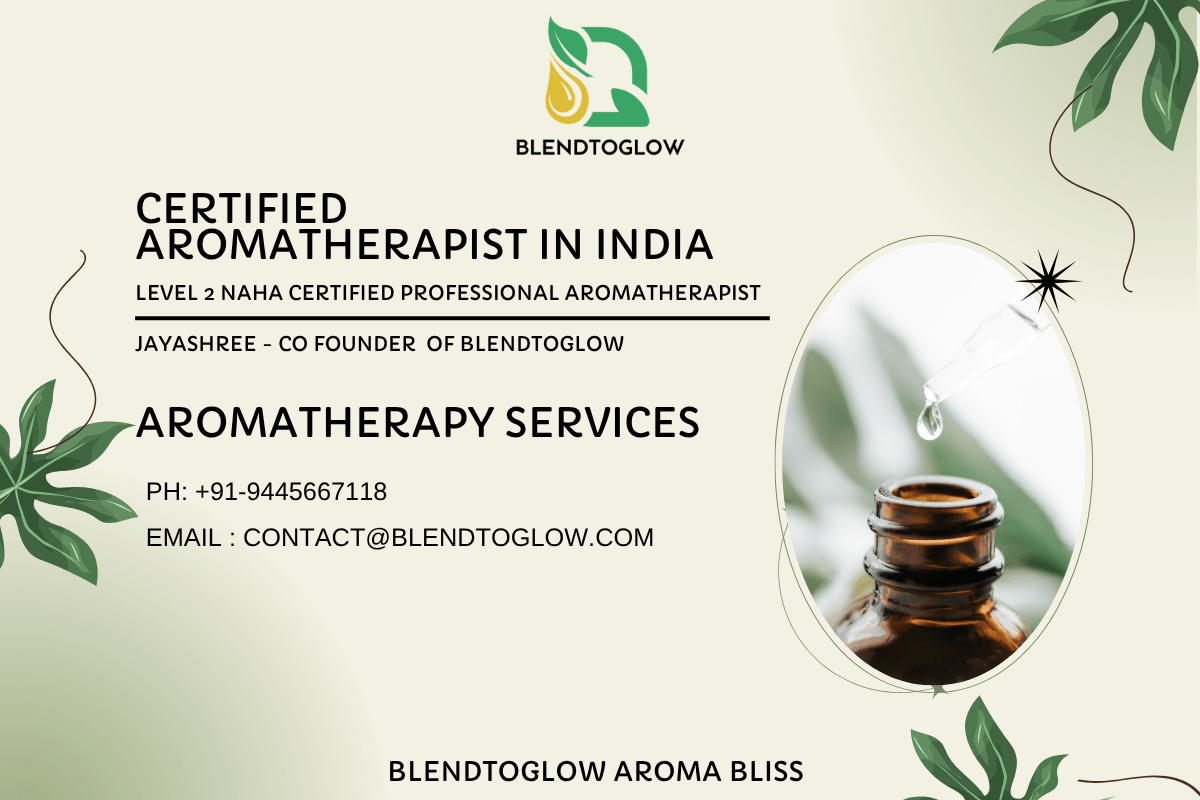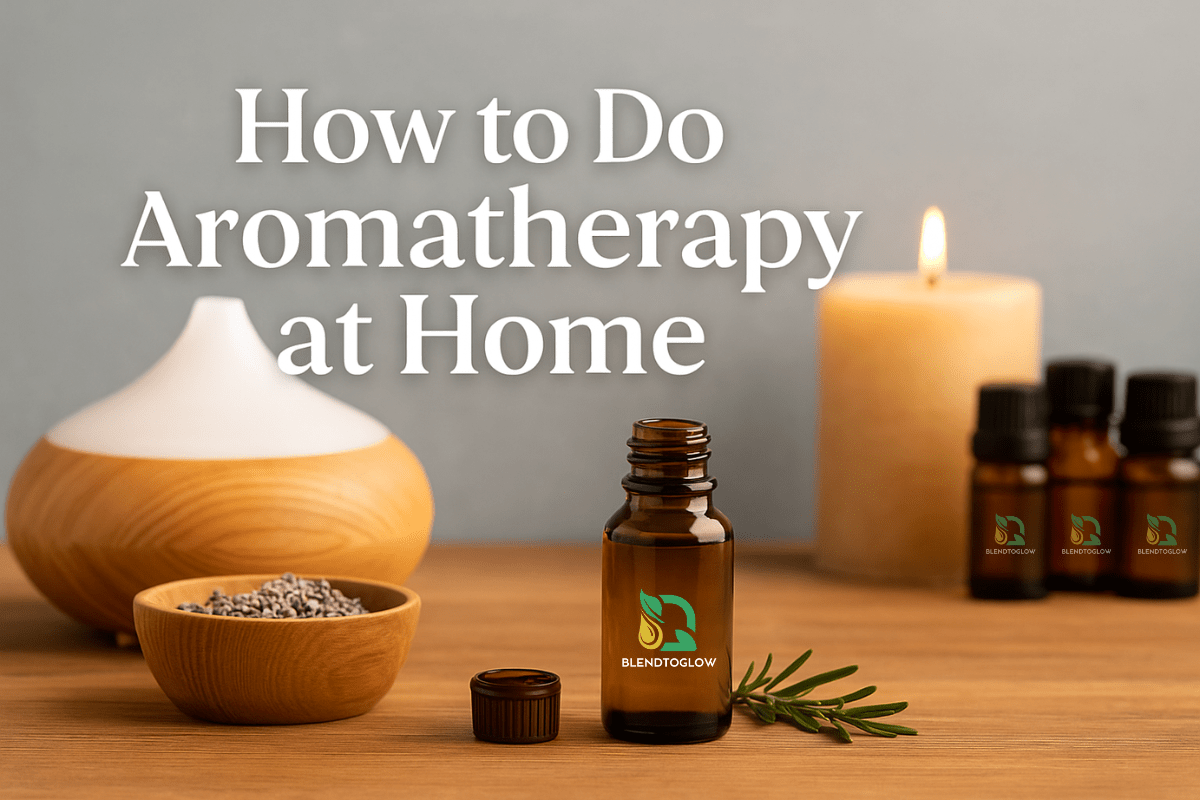Aromatherapy uses the natural scents of plants to improve physical, emotional, and mental well-being. By breathing in these gentle aromas or using them on the skin, you can help your body relax, recharge, and heal in natural ways. Over the years, both traditional use and modern studies have supported the many benefits of aromatherapy from better sleep to improved focus and mood.
Here are ten proven ways essential oils can enhance your everyday life.
1. Helps Reduce Stress and Anxiety
Lavender, bergamot, and ylang ylang are some of the best-known calming essential oils. Their soothing fragrance helps quiet the mind and reduce feelings of tension. Many people find that just inhaling these oils brings a sense of ease within minutes.
Try this: Diffuse lavender or ylang ylang in your room or light a Relaxing Aromatherapy Candle in the evening to help your body unwind after a busy day.
2. Improves Sleep Quality
If you have trouble sleeping, aromatherapy can make bedtime more peaceful. Oils such as lavender, chamomile, and sandalwood help signal the brain that it’s time to rest. People who regularly use these oils report falling asleep faster and waking up more refreshed.
Tip: Add a few drops of lavender to your diffuser or place a soft candle near your bedside to create a restful mood before sleep.
3. Boosts Mood and Energy
The fresh scent of citrus oils — like orange, lemon, or grapefruit — is known to lift mood and ease fatigue. The bright aroma encourages alertness and positivity, helping shake off stress and low energy.
How to use: Diffuse citrus oils in the morning to set a cheerful tone for the day or use a natural car aroma for a refreshing drive.
4. Increases Focus and Concentration
If your mind feels foggy, peppermint and rosemary oils can help clear it. These stimulating aromas awaken the senses and support sharper thinking, especially during work or study hours.
Use at work: Add a few drops of rosemary to your diffuser or inhale peppermint oil when you need mental clarity.
5. Supports the Immune System
Essential oils like eucalyptus, tea tree, and oregano are valued for their natural cleansing and purifying effects. They can help keep your environment fresh and support the body’s natural defenses.
Tip: Diffuse eucalyptus oil at home or add it to hot water for a soothing steam during seasonal changes.
6. Eases Headaches
When headaches appear, peppermint and eucalyptus can bring quick comfort. Their cool, minty aroma helps relax tight muscles and clear the mind.
How to use: Mix a drop of peppermint oil with a carrier oil and gently massage onto the temples or neck for relief.
7. Clears Breathing and Sinus Congestion
Aromatherapy can also help you breathe easier. Eucalyptus, peppermint, and pine oils are known to clear stuffy noses and ease sinus pressure.
At home: Add a few drops to a diffuser or a bowl of warm water and inhale the steam to open your airways naturally.
8. Soothes Muscle and Joint Discomfort
After a long day or workout, essential oils like lavender, ginger, and frankincense can relax muscles and reduce stiffness. They make an excellent addition to massage oils for physical recovery.
Try this: Mix a few drops of lavender or ginger oil with a carrier oil and massage gently into sore areas.
9. Aids Digestion
Peppermint and ginger oils are popular for their ability to calm the stomach. They can help with bloating, nausea, or motion sickness by relaxing the digestive system.
Tip: Inhale peppermint oil before meals or use ginger oil in a diffuser when traveling to help maintain comfort.
10. Improves Skin Health
Tea tree, geranium, and lavender oils are gentle on the skin and known for their balancing and cleansing effects. Regular use can support clearer, smoother, and healthier-looking skin.
How to use: Add a drop of tea tree or lavender oil to your moisturizer or steam water to refresh your skin naturally.
Why the Benefits of Aromatherapy Matter
The benefits of aromatherapy reach beyond fragrance — they support emotional balance, clear thinking, restful sleep, and overall well-being. It’s a simple and natural way to bring harmony to your daily life.
You can experience these effects through:
-
Aromatherapy Candles for relaxation and comfort
-
Diffuser Oils for your home or office
-
Car Aroma Blends for a refreshing commute
Always dilute essential oils before applying to skin and avoid using them near eyes or sensitive areas. If pregnant or under medical treatment, consult your healthcare provider first.
Final Thoughts
Aromatherapy connects nature’s healing power with your everyday routine. Each essential oil offers a different benefit — some calm, some energize, and some heal. By including aromatherapy in small ways, like lighting a candle or diffusing oils, you can create a peaceful space that supports both your body and mind.
Small rituals lead to big changes — and that’s the true beauty of aromatherapy.



